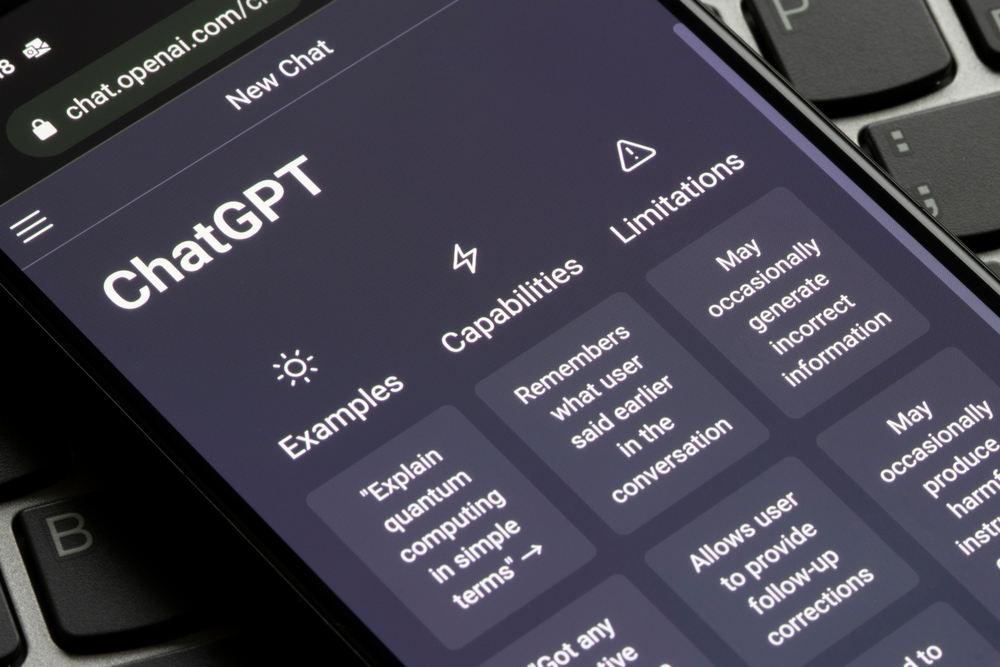
Artificial intelligence (AI) is revolutionizing industries, allowing organizations to speed up research and development, streamline processes, and make better, data-driven decisions. Global AI spending is forecasted to hit $154 billion in 2023 as businesses recognize its potential to transform operations. However, while AI can bring great value to organizations, its adoption also poses legal challenges. With the ability to learn, adapt, and create content independently, this technology can potentially lead to violations of intellectual property (IP).
Cyber security brokers can mitigate these risks by providing helpful information about the legal implications of AI and assisting clients in selecting a policy that addresses their specific risk profile. This guide covers everything you need to know.
The Role of AI in Today’s Business Landscape
 While AI was traditionally associated with analytics and machine learning technologies for forecasting, a new kind of AI is revolutionizing the business world. Generative artificial intelligence (GAI) is an AI technology that utilizes machine learning algorithms to generate new content (such as text, images, and videos) based on data on which the model has been trained. The technology has been around since the 1960s but is gaining remarkable popularity due to the release of GAI programs like ChatGPT and DALL-E.
While AI was traditionally associated with analytics and machine learning technologies for forecasting, a new kind of AI is revolutionizing the business world. Generative artificial intelligence (GAI) is an AI technology that utilizes machine learning algorithms to generate new content (such as text, images, and videos) based on data on which the model has been trained. The technology has been around since the 1960s but is gaining remarkable popularity due to the release of GAI programs like ChatGPT and DALL-E.
Businesses have started to use this technology in different ways, including the following:
- Content Creation: AI can be used to craft personalized content for marketing campaigns, such as blogs, social media posts, and product descriptions.
- Programming: GAI is capable of low-level programming, freeing up time for startups with fewer resources to focus on more strategic initiatives.
- Data Analysis: AI models can be trained with legal and financial data to identify trends, patterns, and risks.
- Customer Service: Conversational AI enables businesses to provide personalized and streamlined customer support through chatbots and other messaging platforms.
What Are the Legal Issues Involving AI?
 As more businesses use AI to produce content and improve efficiency, there is growing concern about the implications of artificial intelligence copyright, including violations of intellectual property. The capacity of AI to make autonomous decisions may also blur the lines of liability in cases of negative outcomes or erroneous outputs. Below are some of the top legal concerns surrounding using AI in business.
As more businesses use AI to produce content and improve efficiency, there is growing concern about the implications of artificial intelligence copyright, including violations of intellectual property. The capacity of AI to make autonomous decisions may also blur the lines of liability in cases of negative outcomes or erroneous outputs. Below are some of the top legal concerns surrounding using AI in business.
Intellectual Property Violations
AI platforms such as ChatGPT and DALL-E are trained on large quantities of data, including books, images, and articles that may contain copyrighted content. GAI models trained on data with copyrighted materials can produce outputs that potentially infringe on intellectual property. There is also a risk of plagiarism if AI-generated content turns out to be significantly similar to existing copyrighted material.
This risk is illustrated in recent real-world cases. In early 2023, the media website CNET faced scrutiny for using AI to write articles, which resulted in factual errors and plagiarism. Stock photo provider Getty Images sued Stability AI for allegedly misusing more than 12 million Getty photos to train its visual generator AI model.
Data Privacy and Protection
The data used to train artificial intelligence models may include sensitive personal information that can compromise the safety and privacy of individuals, raising concerns about data privacy. To avoid legal issues, organizations must get consent from individuals if their data is used and be transparent about how they use and process this information. Also, businesses should comply with data privacy laws and implement robust cyber security measures to prevent potential data breaches.
Bias and Discrimination
 Depending on what kind of data is used to train an AI model, its algorithms can be biased or make content that could be offensive. For example, e-commerce giant Amazon scrapped its AI-powered recruiting tool after it was discovered to show bias against women. This concern can be particularly damaging when applied to the insurance, lending, and hiring fields.
Depending on what kind of data is used to train an AI model, its algorithms can be biased or make content that could be offensive. For example, e-commerce giant Amazon scrapped its AI-powered recruiting tool after it was discovered to show bias against women. This concern can be particularly damaging when applied to the insurance, lending, and hiring fields.
The ramifications of unintentional AI bias include costly lawsuits and reputational damage. To minimize this risk, organizations should ensure that diverse data and perspectives are included in designing AI models, and that results are constantly monitored for potential bias and discrimination.
False or Misleading Content
AI tools trained on inaccurate or biased content can produce fake, wrong, or misleading outputs that result in negative consequences for businesses that rely on AI-generated content. The capability of AI tools to generate synthetic videos, audio, and images also increases the risk of spreading false and misleading information, which can compromise the safety and reputation of organizations and individuals. Organizations should set clear policies and procedures for reviewing AI-generated content before publication to prevent this risk.
Protect Your Clients From AI Exposures by Partnering With ProWriters
While the use of artificial intelligence in various industries brings unparalleled creativity and efficiency, it also poses significant legal risks, such as intellectual property violations and privacy concerns. Cyber security brokers play an integral role in helping businesses navigate these risks by providing security, technology, and cyber protection expertise. ProWriters can help you get there.
At ProWriters, we provide brokers with the tools, resources, and technology to help them become the cyber security expert their clients need. Our revolutionary Cyber IQ Comparative Rate Platform allows you to generate and compare multiple quotes from leading carriers in minutes. Reach out today to discover how we can make a difference in your services.




